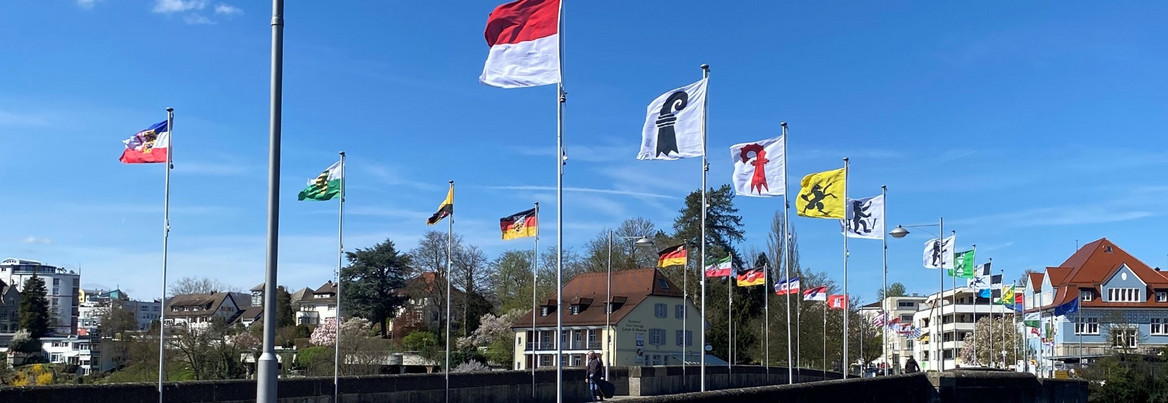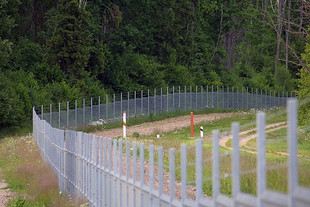Main Content
Borders and Memory

Borders and Memory
At the time of its establishment in 2024, the Junior Research Group is identical to the Emmy Noether Junior Research Group "The Socio-Spatial Memory of European Borders: Dispositifs of Remembering and Forgetting". It investigates the significance of the social memory of borders for the everyday lives of the inhabitants of border regions. It conducts comparative international research and combines a spatial perspective with a sociology of knowledge perspective. In this way, the group fills a gap in theoretical concepts on the temporality of borders and the spatiality of memory processes. The research concentrates on twin towns and twin villages along various borders in the Schengen area, including the Polish-German, Swiss-German, Danish-German and Irish-Northern Irish borders. The focus is on powerful negotiation processes in the generation of knowledge as well as their legitimisation, institutionalisation and materialisation in everyday lifeworlds. Methodologically and methodically, the Research Group works in the qualitative paradigm and adapts visual, multimodal methods and mapping procedures, the research programme of grounded theory, as well as discourse-analytical and ethnographic procedures for spatial science research designs.



